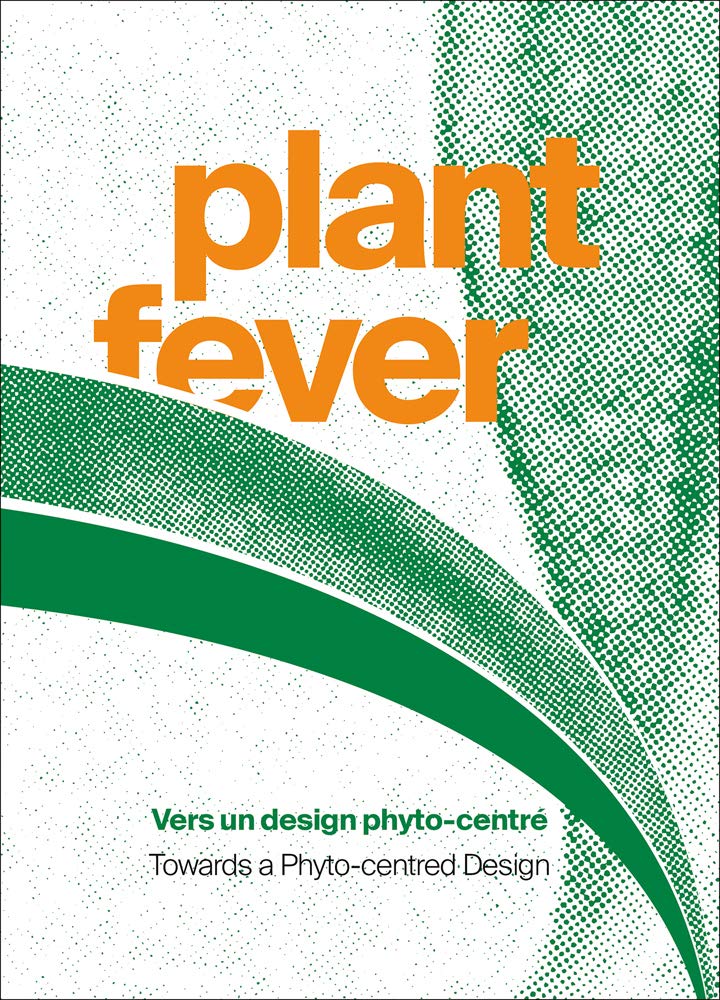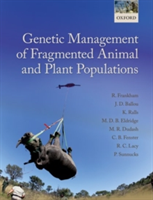- Informatii telefonice:(+40) 748 400 200
Plant Fever |
Cod intern: xsales_265509Producator: Stichting Kunstboek BVBA
Vizualizari: 45 / Achizitii: 41
Pret: 206.0 RON
Acest produs este publicat in categoria Librarie la data de 30-09-2023: 09:09 si vandut de Carturesti. Vanzatorul isi asuma corectitudinea datelor publicate. ( alege finantarea potrivita )
-
Produs cu garantie
-
Livrare direct din stocul fizic al Carturesti
-
Retur gratuit minim 14 zile de la data achizitiei
Plant Fever looks to the future of design from a vegetal perspective, moving from a human-centred to a phyto-centred designText in English and French.For centuries, our inherent alienation from nature has prevented us from truly seeing plants and understanding them as more than simple materials or decorative objects.In recent years, however, new scientific discoveries and philosophical approaches have reframed our relationship with them, questioning the dualism human/nature so much rooted in Western thinking. Echoing the belief of American ecologist Ian Baldwin that "we should try to think like plants", designers, scientists and engineers, started to look into plants structures and behaviours adopting them as allies to develop solutions for current and upcoming environmental and social issues.Plant Fever proposes to look at the future of design from this new vegetal perspective, moving from a human-centred to a phyto-centred design. Spanning from products and fashion items to material research, open-source devices and emerging technologies, a selection of approx. 50 exhibits - representing the work of creatives from more than 20 countries - will investigate notions such as plant blindness, eco-feminism, forestry, biomimicry and upcycling, but also post-colonialism and cultural landscapes.Conceived as a militant exposition, Plant Fever will not fear to take a stand, ask critical questions and call for new radical perspectives, involving the public in a positive, inspiring and constructive conversation.Includes contributions by Emanuele Coccia, Carole Collet, dach&zephir, Quentin Hiernaux, Overmind, Marie Pok, Catriona A. H. Sandilands, Ana Silva, Penny Sparke, Trajna collective.











Scrie parerea ta
Plant Fever |
Ai cumparat produsul Plant Fever | ?
Lasa o nota si parerea ta completand formularul alaturat.
Plant Fever looks to the future of design from a vegetal perspective, moving from a human-centred to a phyto-centred designText in English and French.For centuries, our inherent alienation from nature has prevented us from truly seeing plants and understanding them as more than simple materials or decorative objects.In recent years, however, new scientific discoveries and philosophical approaches have reframed our relationship with them, questioning the dualism human/nature so much rooted in Western thinking. Echoing the belief of American ecologist Ian Baldwin that "we should try to think like plants", designers, scientists and engineers, started to look into plants structures and behaviours adopting them as allies to develop solutions for current and upcoming environmental and social issues.Plant Fever proposes to look at the future of design from this new vegetal perspective, moving from a human-centred to a phyto-centred design. Spanning from products and fashion items to material research, open-source devices and emerging technologies, a selection of approx. 50 exhibits - representing the work of creatives from more than 20 countries - will investigate notions such as plant blindness, eco-feminism, forestry, biomimicry and upcycling, but also post-colonialism and cultural landscapes.Conceived as a militant exposition, Plant Fever will not fear to take a stand, ask critical questions and call for new radical perspectives, involving the public in a positive, inspiring and constructive conversation.Includes contributions by Emanuele Coccia, Carole Collet, dach&zephir, Quentin Hiernaux, Overmind, Marie Pok, Catriona A. H. Sandilands, Ana Silva, Penny Sparke, Trajna collective.
Acorda un calificativ